
Whether you are losing weight, adding muscle or both, nutrition is paramount for your results. Macronutrients, calories, timing, and training have to be in harmony. If they are not, plateaus will be creeping up on you before you know it. It is vital to know how your macronutrient distribution and timing should look like when preparing your nutrition for fitness.
In this article we are going to be exploring how many carbohydrates, fats and proteins you need to eat depending on your training goals. Moreover, the timing of your nutrition. Not only what you eat, but when you eat, is of significance.
Macronutrients for Training
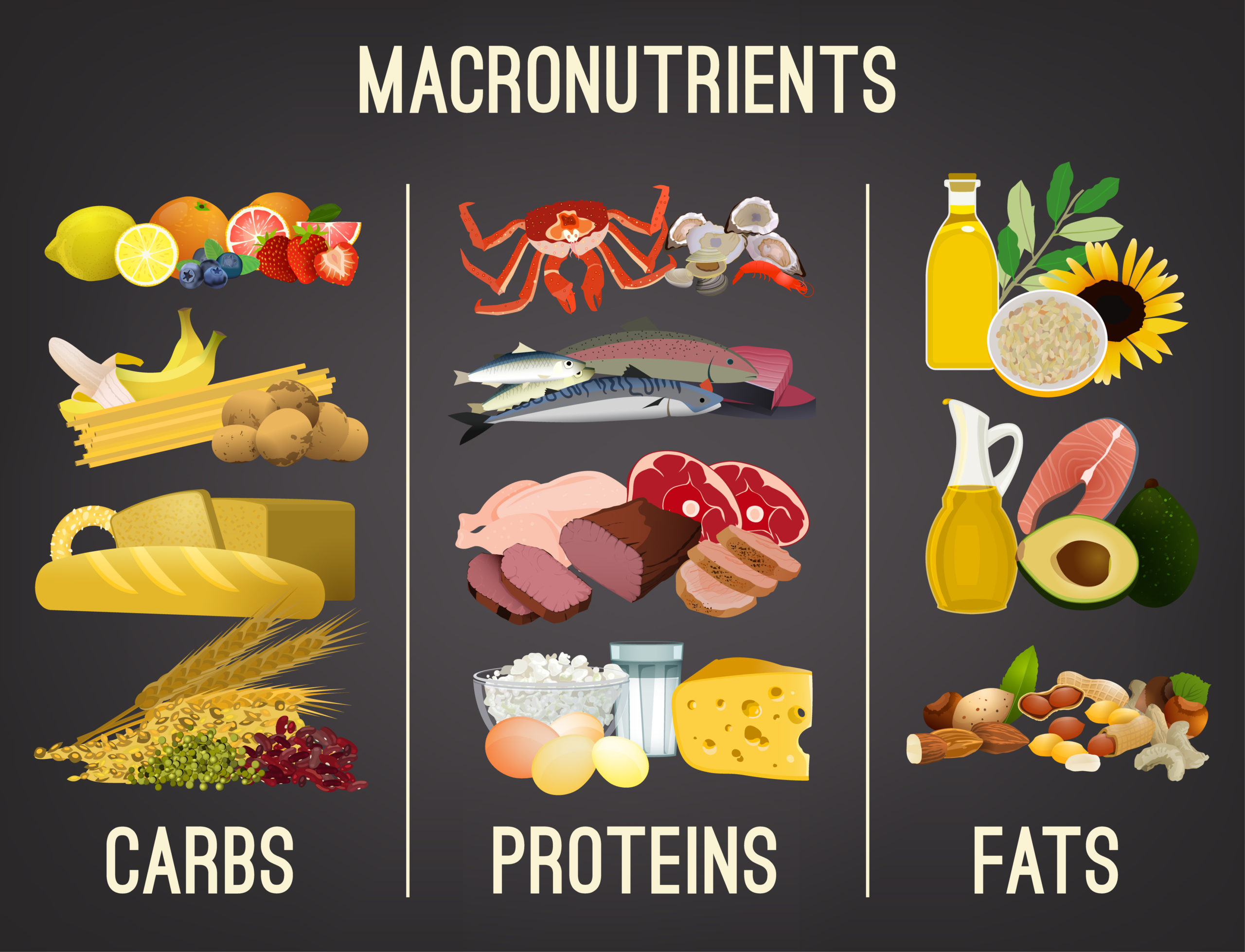
When working out, we need to be concerned about our caloric intake. This means we need to understand all the macronutrients; proteins, fats and carbohydrates. Each macronutrient has its own importance, and none of them are bad, but it is crucial to understand what role they play.
You might hear carbs or fats are bad, but this is not true. They are all tools, and when used correctly, will help your fitness goals.
Proteins and fats are essential macronutrients and should be calculated first based on your total caloric intake. Carbohydrates however, should be calculated lastly. You have to play around with how many you should eat, if any at all, depending on your body and training goals.
We are going to explore each macronutrient in detail, so that you know how to set up your nutrition for fitness properly.
Nutrition for Fitness: Protein
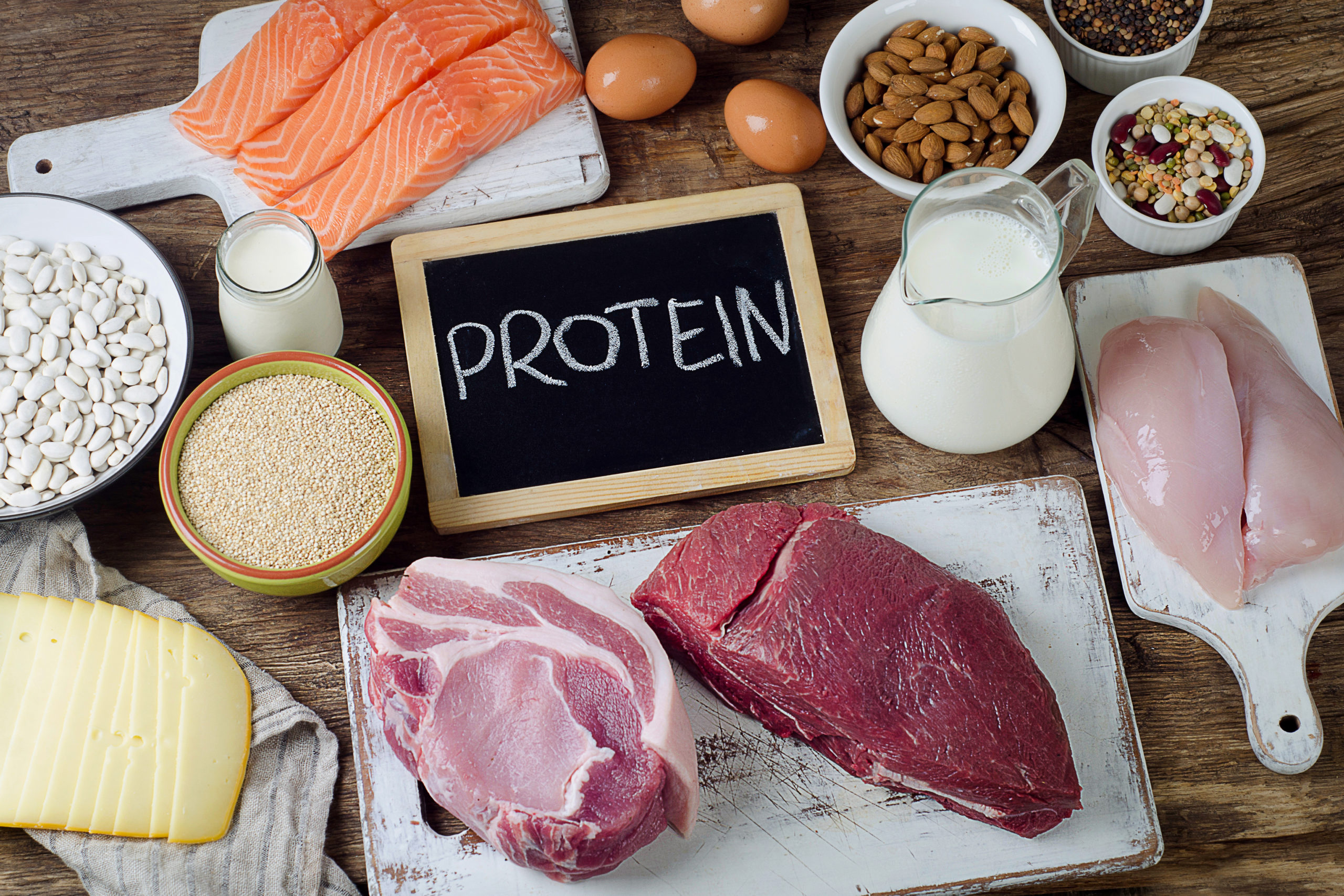
Protein is the most resourceful macronutrient we have. It can be used to build muscle tissue, broken down and converted into glycogen for energy, assist with metabolic processes and in detoxification as well. With this in mind, it becomes obvious protein can be used for plenty of things.
The way you should use protein depends on your training and nutrition goals.
How much protein you eat is largely based on how many carbohydrates you eat. When the body does not have enough carbohydrates, it will break down protein and use that to make glycogen in the liver.
The more carbs you eat, the less protein your body will break down to use for energy, and vice versa.
Moreover, the average person needs at least 50g of protein just for detoxification. Therefore, if you are detoxing, your protein intake should increase. For instance, if you are supplementing with detoxing agents such as vitamin B and C, magnesium and calcium, your proteins should increase accordingly.
The most important factor when considering protein intake is your training.
Especially during eccentric training, is your body’s demand for protein higher. The reason behind this is that the most muscle damage occurs during the eccentric part of lifting. Thus, a set of 10 reps with 5 second eccentrics would require more protein to recover than 10 reps with 2 second eccentrics.
Also, if your carbohydrates are low, your need for protein increases. Because your body will now break down more protein to create energy.
Furthermore, the total volume of each specific workout is of importance. If you are having a heavy leg day, your body will need more protein after the workout compared to an arm and shoulder workout.
A great way to assess if you are getting enough protein in your body is about four hours after the workout. If you are feeling hammered two to three hours after your workout, you are probably not getting enough protein. However, if you are very bloated and sluggish, you might be getting a little too much.
Protein Intake Calculation
Protein intake for maximum muscle mass: 1g/lb of lean body mass.
If your goal is to build muscle, you want to be in a caloric surplus and will usually eat plenty of carbs. Therefore 1g/lb of lean body mass should be more than enough.
Protein intake for lean-bulking: 1.5g/lbm.
However, if you want to keep your body fat lower while adding muscle, you want to increase your protein a little more. This way you have a lower chance of storing fat while being in a caloric surplus, because the body uses more energy on breaking down protein than carbohydrates.
Protein intake for fat loss: 1.5-2g/lbm.
On the other hand, if your goal is to get completely diced, you want protein levels high. At this point, you are careful not only with carbohydrates, but your total caloric intake too.
Nutrition for Fitness: Carbohydrates
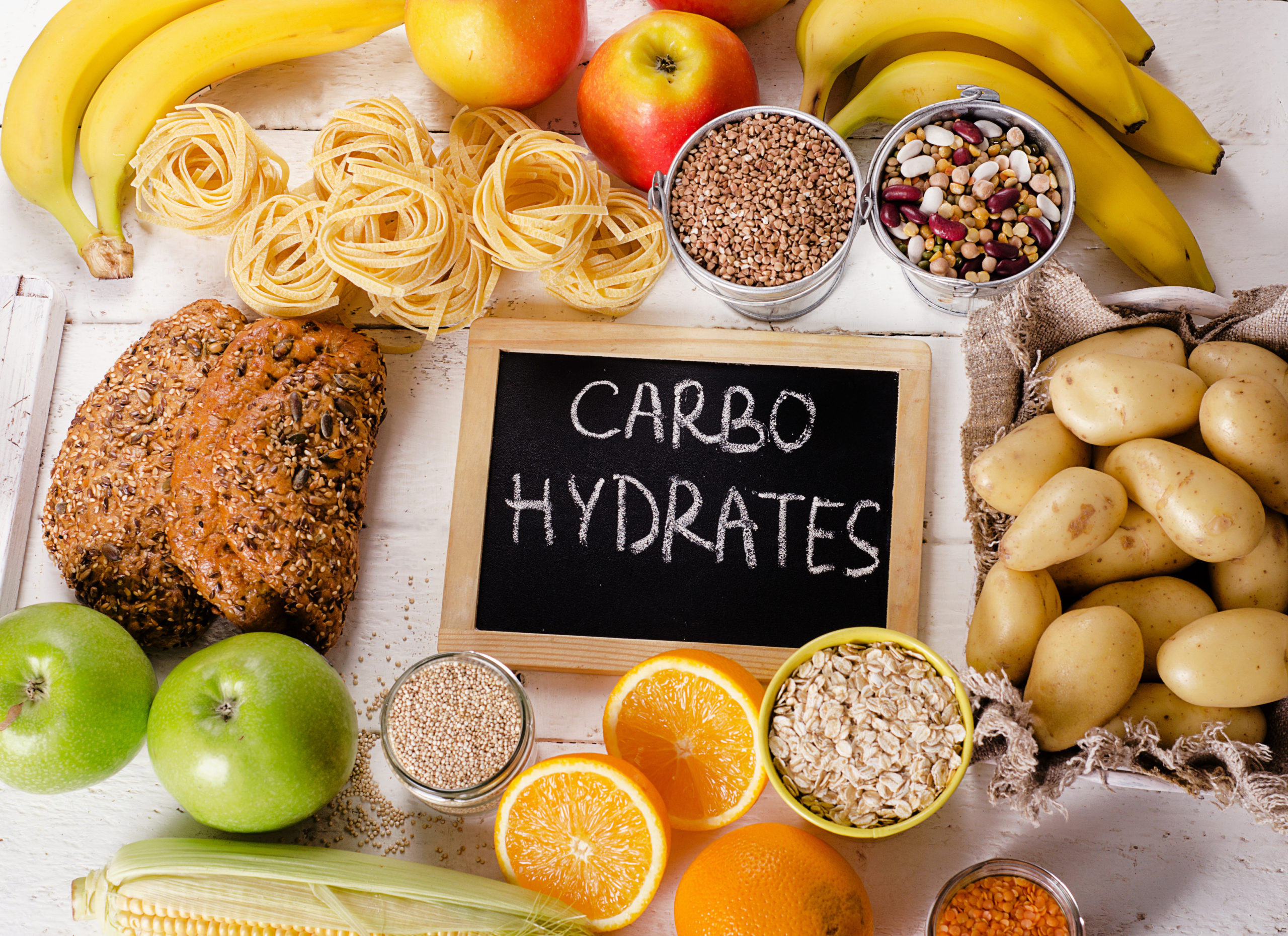
Except for fibrous carbohydrates, carbs are not essential for the body. Like we said, the body has the ability to break down protein and produce glycogen with that. This does not mean that carbohydrates are bad at all. Rather, they can be a very effective tool for your training goals.
Their effectiveness depends on when you eat them and how many carbohydrates you consume.
Most importantly, we want to consume carbohydrates when our body needs them the most. Usually, this is around the workout. Meaning, before, during and after.
Also, it is absolutely unnecessary to count carbohydrates from fibrous veggies and nuts. Your body most likely uses more energy to digest the fiber from veggies than there are calories in them.
And trust me, a few extra grams of carbs from some cashews or almonds will not affect your progress.
Unless you are a week or two away from a bodybuilding competition. At this point, anything you do will have a big effect.
Pre-Workout Carbs
Most of the time, we want to have our pre-workout meal 2-3 hours before working out. Because we do not want to have a full stomach during our workout, which is actually the main cause behind puking during exercise.
A decent amount of carbohydrates can be eaten here, but we ideally want our glycogen stores to already be filled up.
Depending on you as an individual and the training you are going to perform, this is your last chance to refill your glycogen stores.
Post-Workout Carbs
After our workouts, and even a few hours later, is the best time to eat carbohydrates. The reason being is that during training, your body stimulates insulin-independent glucose transport (Ebeling et al., 1998).
Meaning, your muscle cells will preferably soak up glycogen over fat tissue, lowering the chance of storing the carbohydrates as fat.
Thus, we want to eat most of our carbohydrates for the day in the post-workout meal. Fast digestive or high glycemic index (GI) carbohydrates are preferred over low GI carbohydrates. Great choices include white rice and potatoes, instead of oats and brown rice.
Carbs for Breakfast?
When it comes to breakfast, this is the time where your body needs the least carbohydrates. Unless of course you train first thing in the morning, or a few hours after breakfast.
It is often heard that a large bowl of oats or cereal is good for breakfast, but this is far from true for most people. This can lead to an imbalance in blood sugar levels, and a crash in energy a few hours later.
There are a few rare species that have incredible metabolisms and carbohydrate uptakes. These individuals might be fine with eating carbs in the morning, as part of their nutrition for fitness. We often see these people have a low body fat percentage and struggle to eat enough for growth.
This doesn’t mean you can’t eat a few berries in the morning, but your body is not in need of carbs at this time. As long as you ate a post-workout meal the day before, your glycogen stores should be full.
Carbs Before Bed
Another great time to eat carbohydrates is before bed. If you eat enough carbohydrates to stimulate an insulin response, it can help bring cortisol (stress hormone) levels down. In turn, it can be easier for you to relax, and therefore fall asleep easier.
Nutrition for Fitness: Fats
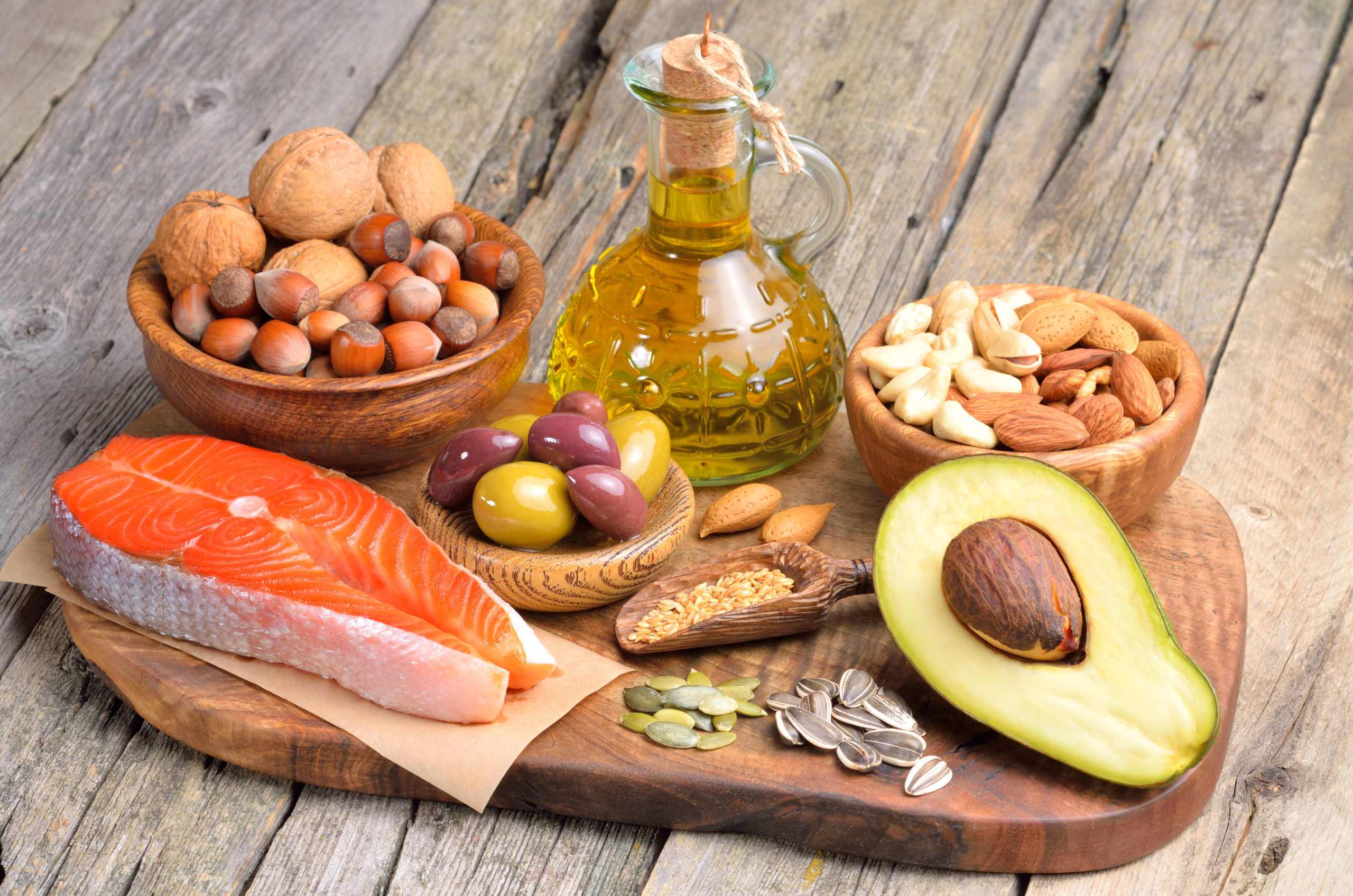
Lastly, we have fats. Fat is essential for the body and is responsible for many processes. Some of them include hair, nail and skin health; hormonal production; protects organs; keeps cholesterol and blood pressure levels under control; assists with nutrient uptake.
There is a ton of research on minimum protein and carb intake, but not so much with fats. But we do know that men should eat at least 0.3g/lbm and women 0.4g/lbm.
The reason why women should eat more is because of the difference in our hormonal levels and cycles. These levels are the minimum intake, and is only necessary to know for someone who is on a diet where calories are getting low. Someone eating at a caloric surplus should be nowhere near these low levels.
From the little research that is done, somewhere between 10-15% of your diet is a recommended intake of fats. Remember, this has to be considered on an individual basis, and averages are only there to guide you.
It is hard to know when you are eating too little fat, but you might notice hair loss and worsening nail health. As long as you are not close to a competition or eating low amounts of calories, there is no reason for you to be below 15% fat. As long as you are eating healthy fat sources, this will only benefit your health.
Should You Drink Protein Shake Before or After Workout?
Whether you should drink a protein shake before or after working out, or at all, is dependent on you. Protein shakes can make it easier to consume all the necessary protein when planning your nutrition for fitness. Not only that, but it can be cheaper than getting all your protein from raw foods.
If you workout first thing in the morning, a protein shake can be beneficial. It is fast and easy to drink, and will help energize you a little. Some BCAA’s before and during your workout can also help you with some energy.
But there is no incredible importance of consuming a certain amount of protein right before your workout. Mainly, we want our glycogen stores filled up. However, after your workout is where your body is craving more protein. A shake right after your workout, followed by a dinner when you get home, totally makes sense. Again, this is something you have to cater to your individual goals and body.
Should You Eat Right After a Workout?

If you have a shake with fast acting carbs and protein, you can have it right after you workout. However, there is no problem with waiting 1-2 hours before eating after you workout.
You do want to consume most of your carbohydrates and a big portion of protein shortly after working out. Exactly how and when you do that, is up to you.
Should I Workout in the Morning Before I Eat?
If you want to go straight to the gym after waking up, go ahead and do it! It is not necessary to eat before you workout in the morning, because your glycogen stores should already be filled up from the day before.
Drinking some coffee, a protein shake and/or BCAA’s can help you with some energy and mental focus. It is fast acting and only takes a few seconds to prepare.
Moreover, if you are in a caloric deficit some BCAA’s can be helpful before and during your workout without adding extra calories.
Going straight to the gym after waking up is great if that is what you enjoy. You do not have to eat anything, but always stay hydrated.
Remember to carb up the day before, so your glycogen stores are filled up, and you have the energy to smash your workout!
Conclusion
When it comes to your nutrition for fitness, macronutrient knowledge is important to accomplish your goals. No matter if you want to lose fat or build muscle, or both, what you eat and when you eat, will strongly affect your results. Proteins and fats are essential macronutrients and should always be consumed, whereas carbohydrates can be adjusted based on your goals and body. Remember to always program your training and nutrition plan based on you as an individual, and only use averages for guidance.
Thank you for reading our article!
– Terry Asher
Terry Asher
Latest posts by Terry Asher (see all)
- Better Family – Product Review Liquid Daily 2 oz - Dec 16, 2024
- Post-Workout Recovery: The Key to Optimal Performance - Nov 25, 2024
- Pre-Workout Supplements – Everything You Need To Know - Nov 18, 2024
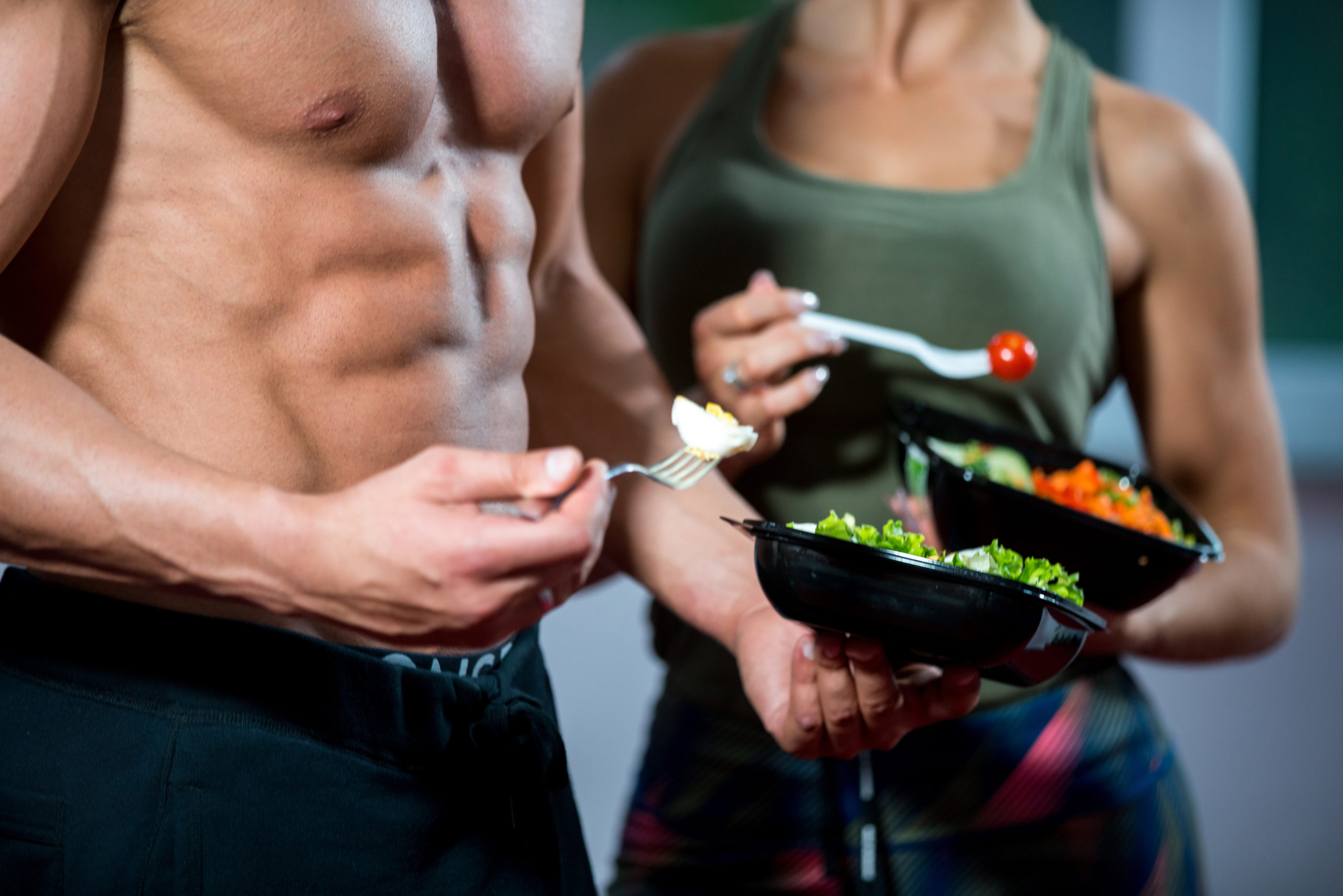
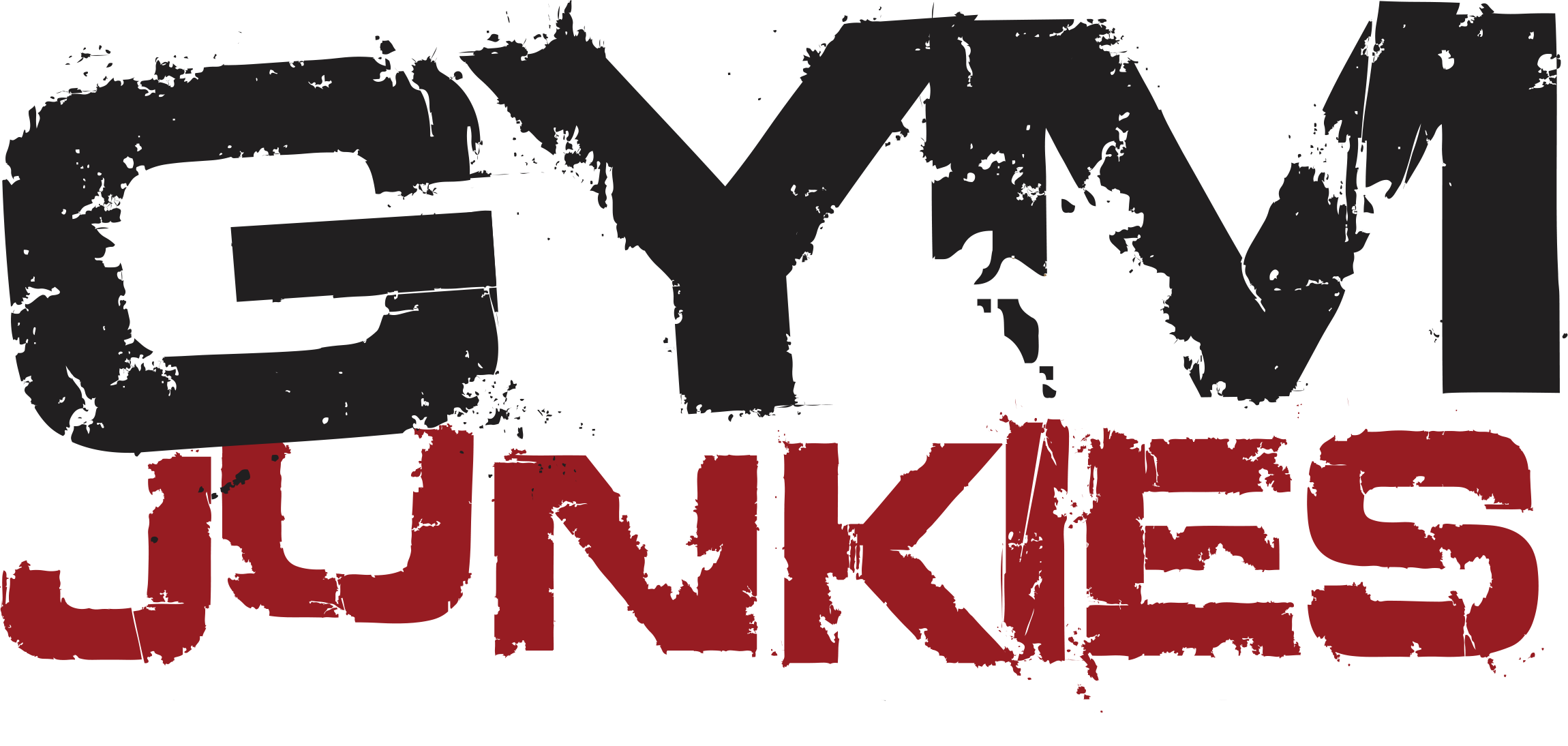




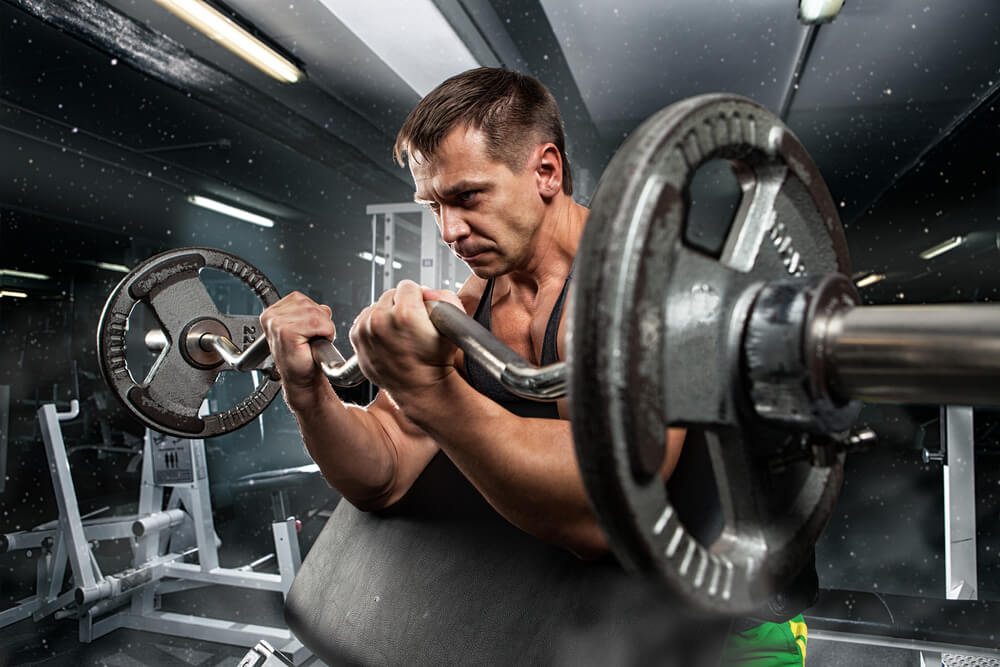




[…] the nutrients we get from our food, there are a plethora of supplements to choose from. These include […]
It makes perfect sense to drink a smoothie immediately after your workout, and then to eat dinner when you arrive back home.
[…] you get into the fitness world, it’s hard to get out. There are many advantages to adopting a fitness- and health-focused […]
[…] you get into the fitness world, it’s hard to get out. There are many advantages to adopting a fitness- and health-focused […]
[…] speaking of nutrition strategies, low carb and high carb diets have been getting most of the attention. With higher carb […]
[…] weight loss cure. But it can be a helpful tool in your arsenal when it comes to achieving your fitness […]
[…] people tend to think that being consistent is the most important factor in achieving your fitness goals. This goes for most goals in life, such as money and happiness, not only fitness. Consistency […]
[…] understanding bodybuilding and nutrition becomes very important to avoid fat loss mistakes. More specifically, it is important to not […]
[…] people tend to think that being consistent is the most important factor in achieving your fitness goals. This goes for most goals in life, such as money and happiness, not only fitness. Consistency […]
[…] understanding Bodybuilding and nutrition becomes very important to avoid fat loss mistakes. More specifically, it is important not to […]
[…] speaking of nutrition strategies, low carb and high carb diets have been getting most of the attention. With higher carb […]
[…] people tend to think that being consistent is the most important factor in achieving your goals fitness goals. This goes for most goals in life, such as money and happiness, not only fitness. Consistency […]
[…] volume is a pop topic in our world of fitness. Regardless whether we train for muscle building or fat loss, volume always plays an important […]
[…] speaking of nutrition strategies, low carb and high carb diets have been getting most of the attention. With higher carb […]
[…] speaking of nutrition strategies, low carb and high carb diets have been getting most of the attention. With higher carb […]
[…] weight loss cure. But it can be a helpful tool in your arsenal when it comes to achieving your fitness […]
[…] people tend to think that being consistent is the most important factor in achieving your fitness goals. This goes for most goals in life, such as money and happiness, not only fitness. Consistency […]
[…] understanding bodybuilding and nutrition it becomes very important to avoid fat loss mistakes. More specifically, it’s important not […]
[…] about nutrition strategies, low carb and high carb diet has received the most attention. Low carb diets have been […]
[…] people believe that being consistent is the most important factor in getting yours fitness goals. This applies to most goals in life, such as money and happiness, not just fitness. […]
[…] speaking of nutrition strategies, low carb and high carb diets have been getting most of the attention. With higher carb […]
[…] people tend to think that being consistent is the most important factor in achieving your fitness goals. This goes for most goals in life, such as money and happiness, not only fitness. Consistency […]
[…] talking of nutrition methods, low carb and high carb diets have been getting a lot of the consideration. With larger […]
[…] individuals are likely to suppose that being constant is crucial think about attaining your fitness targets. This goes for many targets in life, corresponding to cash and happiness, not solely […]
[…] speaking of nutrition strategies, low carb and high carb diets have been getting most of the attention. With higher carb […]
[…] speaking of nutrition strategies, low carb and high carb diets have been getting most of the attention. With higher carb […]